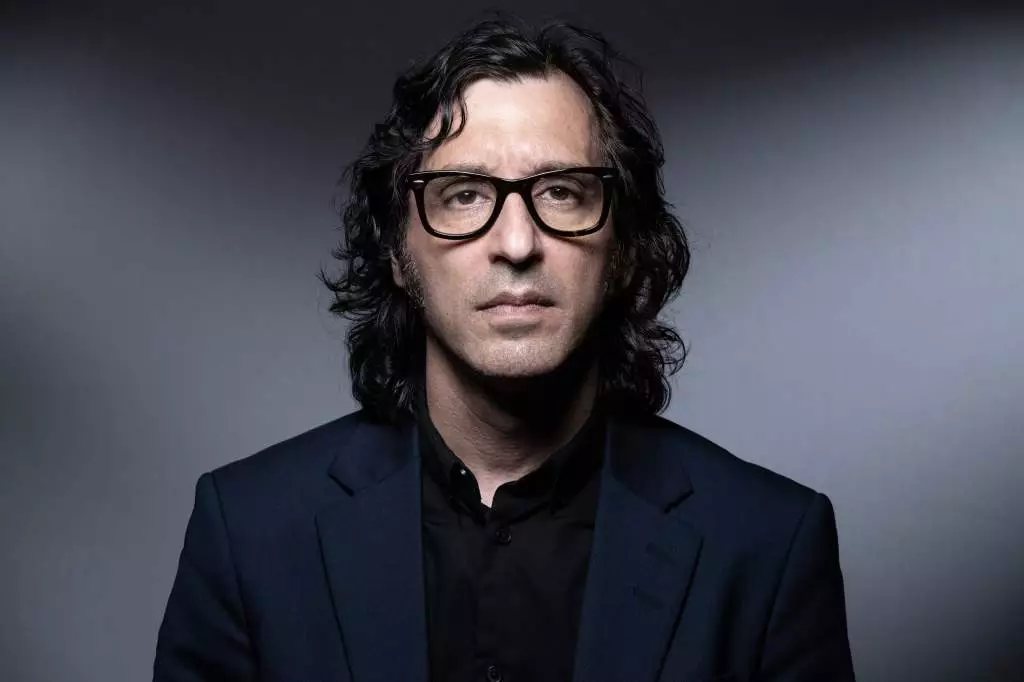In the vibrant landscape of modern cinema, the formation of fresh narratives inspired by cultural legacies is both exciting and necessary. One noteworthy project poised to captivate audiences is “Corleone,” an action-thriller directed by acclaimed Swedish filmmaker Amir Chamdin. Known for his skillful storytelling in productions like “Partisan,” which garnered Best Series at the 2020 Canneseries market, Chamdin’s latest endeavor promises to weave a rich tapestry of intrigue, familial loyalty, and the darker elements of organized crime.
The screenplay, crafted by an adept team consisting of Sandro Lorino, Rich Ronat, and Nate Adams, unfolds in the historically charged locations of the United States and Sicily. Central to “Corleone” is the tale of a seemingly normal family man whose tranquil existence is shattered by a deadly game of survival against the first female boss of the infamous Cosa Nostra. This juxtaposition of everyday life against the backdrop of organized crime adds layers of complexity to the narrative, allowing audiences to explore the nuances of character motivations and the consequences of past decisions.
What sets “Corleone” apart is its roots in real-life experiences—the creators themselves hail from Corleone, which provides an authentic lens through which the story is told. It’s this blend of personal connection and narrative craft that offers the potential for a gripping film that resonates on a deeper emotional level.
Production is slated to kick off in March, with casting actively underway, signaling an ambitious timeline. The production team boasts significant industry talent, with Richard Salvatore, Nate Adams, and Sandro Lorino at the helm. Salvatore, known for titles like “The Big Wedding,” has expressed confidence in the project, highlighting the compelling nature of the screenplay and its ability to draw from legitimate historical contexts.
Amir Chamdin, who has transitioned smoothly from directing ballet to films, emphasizes that “Corleone” is not merely a thriller, but a profound exploration of human experiences, embedding the intensity of classic films from directors such as Sidney Lumet and John Frankenheimer. This homage to cinematic predecessors, paired with a contemporary lens, could yield a film that both entertains and provokes thought.
The involvement of seasoned producers and a compelling script suggests that “Corleone” is in good hands. Each member of the production team brings distinct expertise to the table, with many having worked on notable projects across various genres. Their collective experience is likely to enhance the film’s authenticity and quality.
As audiences eagerly await the film’s release, “Corleone” stands at the intersection of tradition and innovation within the crime thriller genre. By pulling from personal history and cultural identity, the film not only pays homage to the infamous setting of Corleone but also redefines it through the lens of modern storytelling. The culmination of these elements paints a promising picture for a film that strives to be more than just another entry in the crime saga but aims instead to leave a lasting imprint on its audience.

